#WorldWeWant
#WorldWeWant is about forefronting the stories of communities most affected by the climate crisis to drive collective action and call on governments to address multiple and compounding crises to protect their citizens to ensure a safe and resilient future. Through compelling, locally-produced, short smartphone videos, we witness how decades of inaction on the climate crisis are impacting people, but also learn how communities are using grassroots solutions in both developing and developed countries to hold their leaders accountable.
If Not Us Then Who? has partnered with CAN to support with strategic communication, to train content providers and edit these stories from frontline communities
Find out more and take action today: https://worldwewant.climate.network/worldwewant/
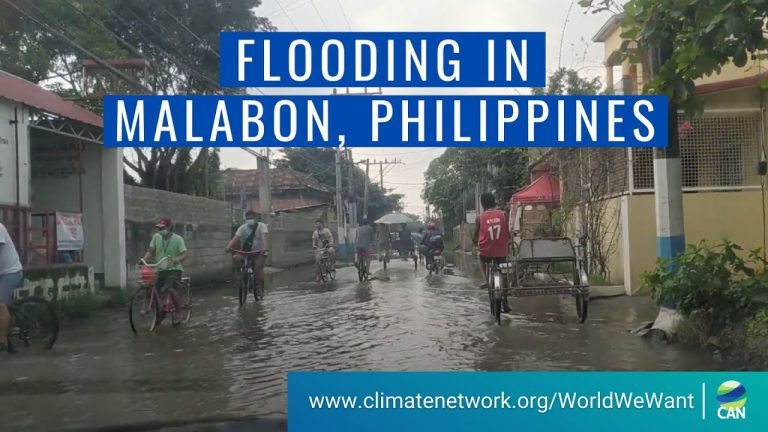
The first in a series of short films on climate impacts in the #WorldWeWant campaign launching today, Cathy Gutierrez from the #Philippines shares how the #climatecrisis has affected their harvest & people's health - and the local solutions to mitigate it.
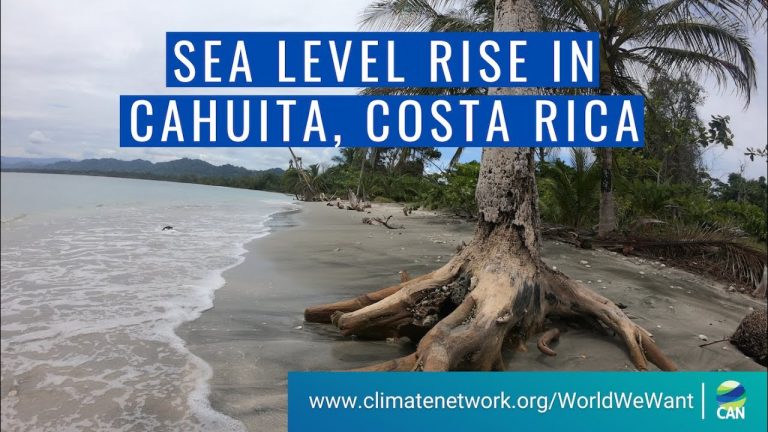
Cahuita, an Afro-Caribbean community on the coast of Limón, Costa Rica, faces sea level rise that causes erosion and salinization of water sources, threatening the wellbeing and health of communities. For a community dependent on fishing, Raquel describes how the local ecosystem is affected by the uncertainty of the seasons, drought, loss of corals and fisheries, and loss of ancestral land due to coastal erosion
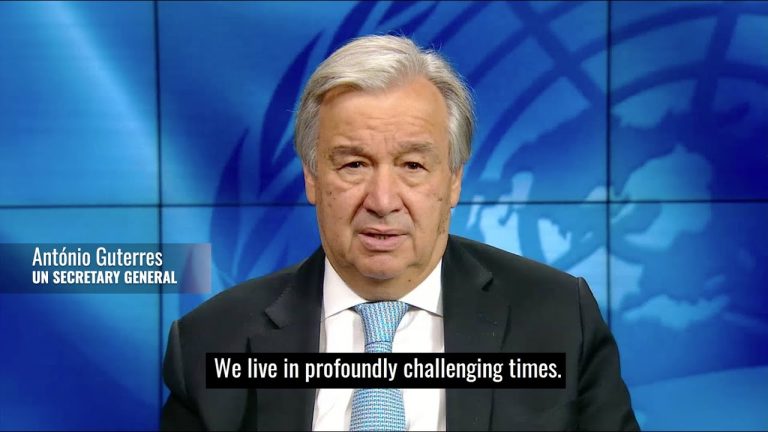
Get Involved and ask your government to act on the climate crisis now: http://climatenetwork.org/worldwewant
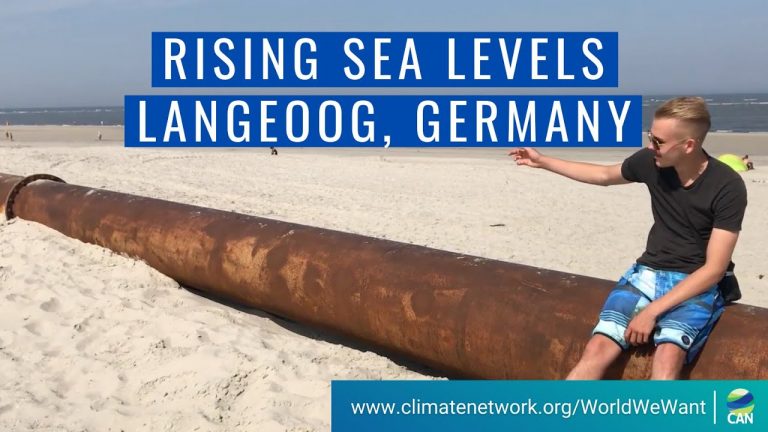
Islanders in Langeoog, Germany, are already affected by rising sea levels. For Lüke, his family's home and livelihood as well as the future of his generation are at stake. Urgent climate action from the government is critical to stop rising sea levels and build the #WorldWeWant.
The EU and its member states meeting this week must agree to at least 65% emissions cuts by 2030 as part of global efforts to limit warming to 1.5ºC #ClimateAction.Dangerous climate impacts are already a reality in Langeoog but also in vulnerable countries and communities around the world. The EU & member states must step up and provide reliable, financial support for these countries to adapt to climate change and deal with loss and damage.
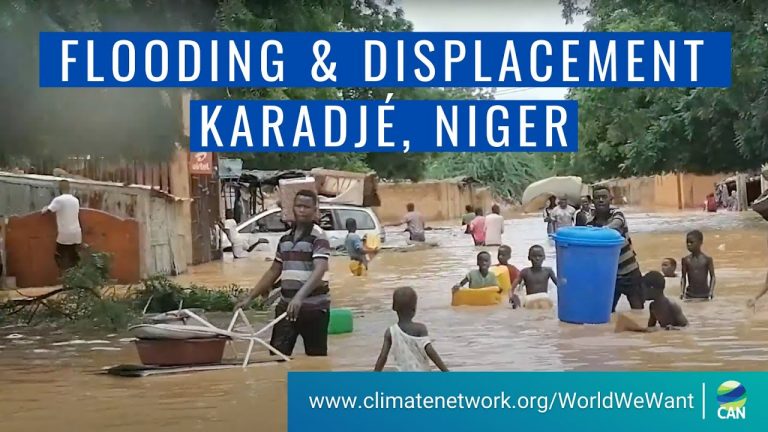
Heavy rains caused severe flooding in Karadjé, Niger which Mamadou describes was the worst flood he has ever seen only to be worsened by Malaria. Hadjo’s home was among the thousands affected as the floods collapsed many homes and inundated thousands more.
In the #WorldWeWant, communities like Karadjé would receive sufficient support and #climateaction from the government to deal with the losses and damage, and adapt to the impacts of climate change such as infrastructure and financial support. #NotreMonde
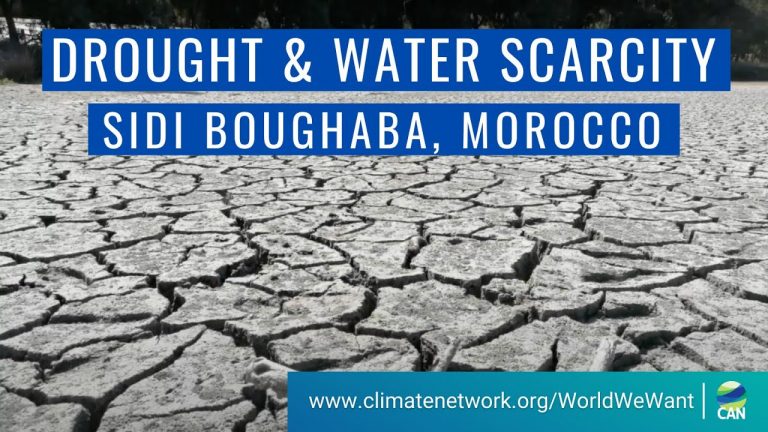
The Sidi Boughaba reserve, the last freshwater lake in West Morocco, is experiencing severe drought and depletion of water. Chkaili shares how it’s drying up wells and affecting livelihood of many families in the area while local expert Dr. Benyekhelf links climate change to the catastrophic death of fish three months ago. They call on urgent climate action and support for adaptation measures in the region.
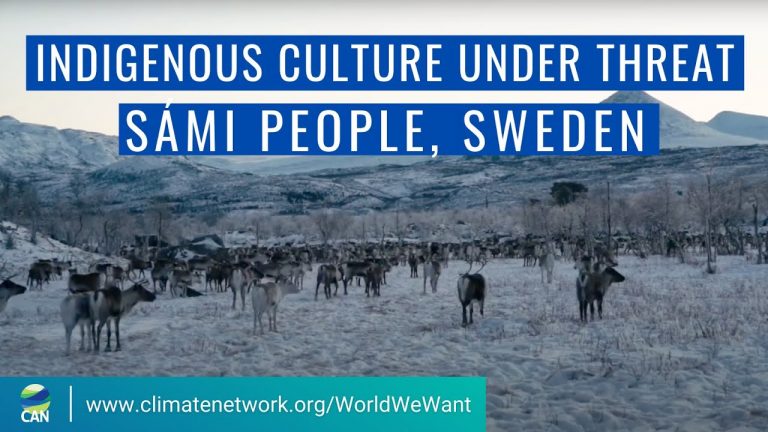
The traditional way of living of the Sámi Indigenous people of Northern Europe — which is deeply rooted in nature and reindeer herding — is being disrupted by warmer winters, changing precipitation patterns, and summer wildfires in the Arctic. The impacts of climate change are threatening not just the survival of reindeer but the entire Sámi culture. To protect indigenous culture, livelihoods, and their future, the Sámi Youth Association from Sweden, Sáminuorra, takes the EU to court over its insufficient climate policies.
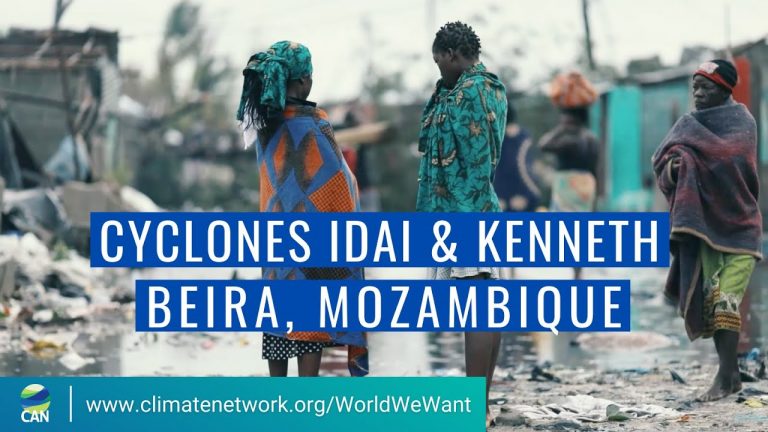
Women and girls are particularly vulnerable and are disproportionately affected by the impacts of climate change. Eularia shares her story during the strong cyclones of Idai and Kenneth in Mozambique and how it affected them. “I experienced storms in previous years but nothing like this. This year was the worst,” says Julia who lost everything to the climate disaster. It was the first time in the country's history to have two strong cyclones in one season, killing over 600 people and destroying hundreds of thousands of homes in Mozambique.
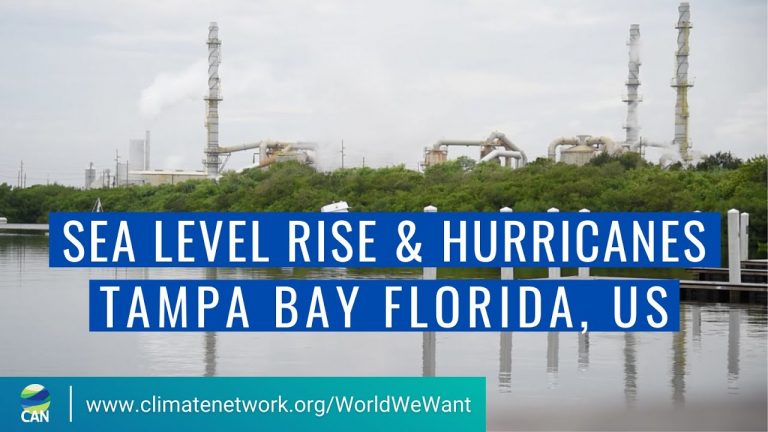
As sea level rise & stronger hurricanes in the Gulf Coast threaten to expose communities & marine life to radiation from toxic phosphogypsum stacks across Florida, #ClimateAction must be a top priority.
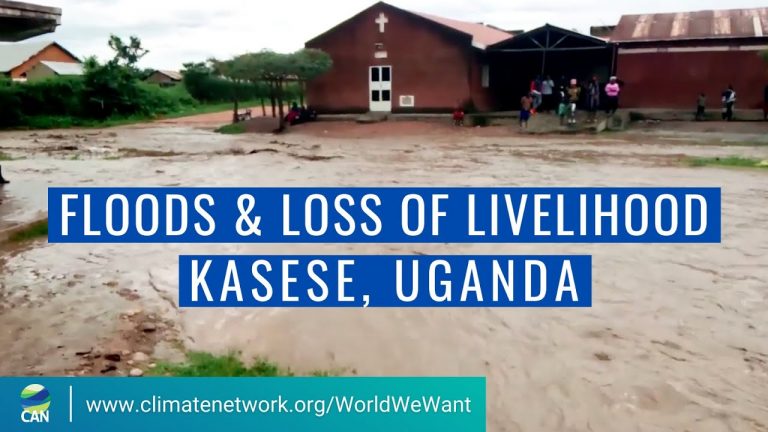
Intensifying rainfall is causing flash floods in Kasese, Uganda that destroy homes and livelihoods. The #WorldWeWant is where communities receive financial support to deal with the #lossanddamage from the climate crisis.
Kuri shares how flash floods have disrupted their lives in Uganda while fish farmer Thembo calls for financial support to protect their livelihood and harness renewable energy for irrigation.
Join them and millions impacted by the #climatecrisis to call on governments to abandon fossil fuels, commit to ambitious #climateaction, and provide support to the most vulnerable to build the #WorldWeWant.
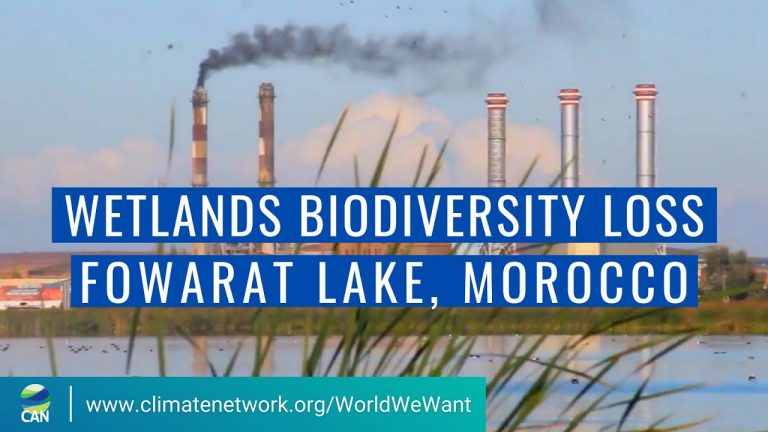
Pollution from industry and urbanization is destroying the biodiversity and landscape of Fowarat Lake in Morocco and other wetlands around the world which serve as critical habitat, source of water, and carbon sinks. The lake was declared a Ramsar site which means it is a wetland of international importance that requires conservation efforts.
"The WorldWeWant is where there is cooperation between residents and local authorities to overcome the negative impacts of climate change and restore the natural balance" says Driss, a local resident about Fowarat Lake in Morocco.
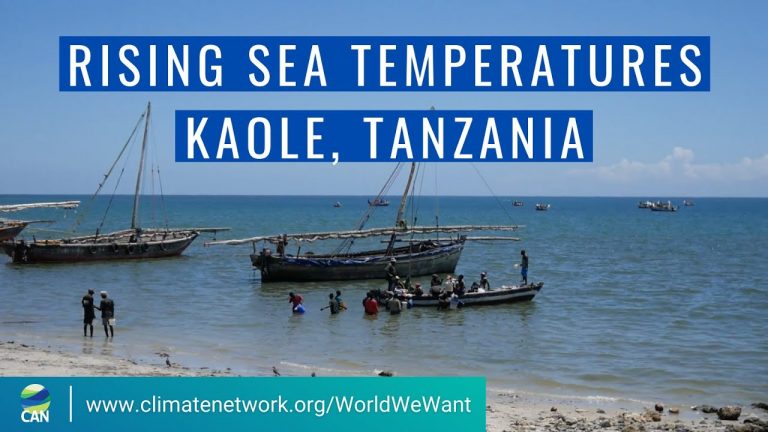
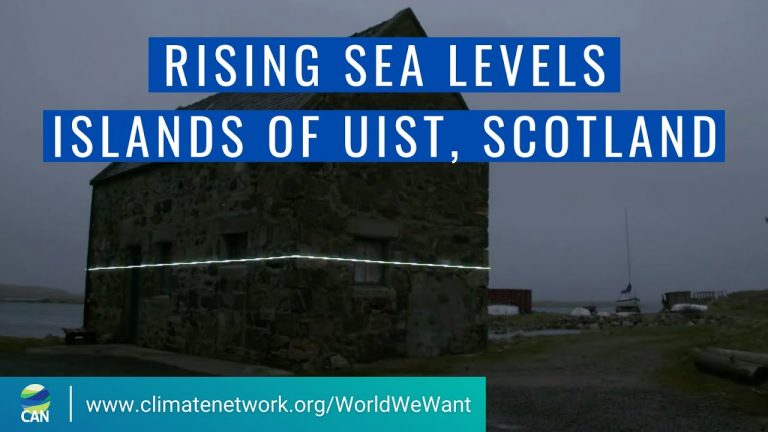
#COP26 was due to take place in Scotland this year. It is postponed to next year but the need for urgent and increased climate action continues as millions of people across the world keep suffering from droughts, floods, fires & food shortages. In this video, Scottish activists explain how their homes, livelihoods, Gaelic language and culture is at risk due to rising sea levels. They call upon frontline communities to stand together in asking URGENT and AMBITIOUS climate action as the only way to make the COP26 in Glasgow a turning point in climate action.
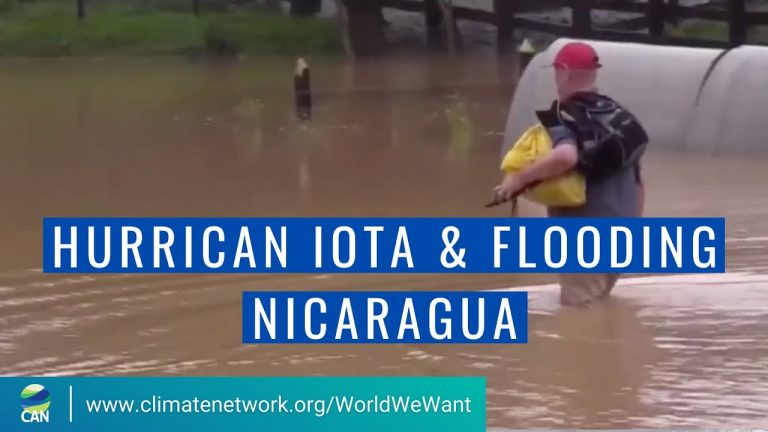
This year's Atlantic hurricane season has been the most active in history and has affected 3.6 million people in Central America. Hurricane Iota has killed at least 6 people and evacuated 60,000 as the powerful storm hit Nicaragua. Karen shares how the climate disaster has affected local crops and their livelihoods
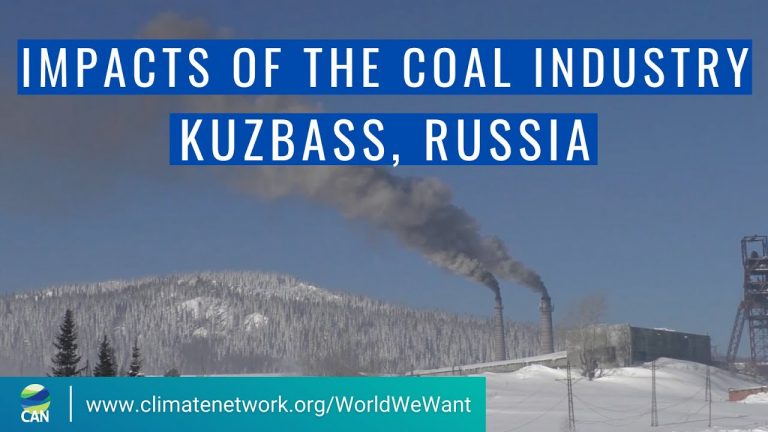
In 2020, more than 20 administrative court cases were filed against activists who are fighting coal companies in Russia. Two-thirds of coal here is extracted in open-pit mines, which everywhere in Kuzbass violates basic human right to clean environment. Join them in ending coal and all fossil fuels as we fight for clean air and water because this is the #WorldWeWant
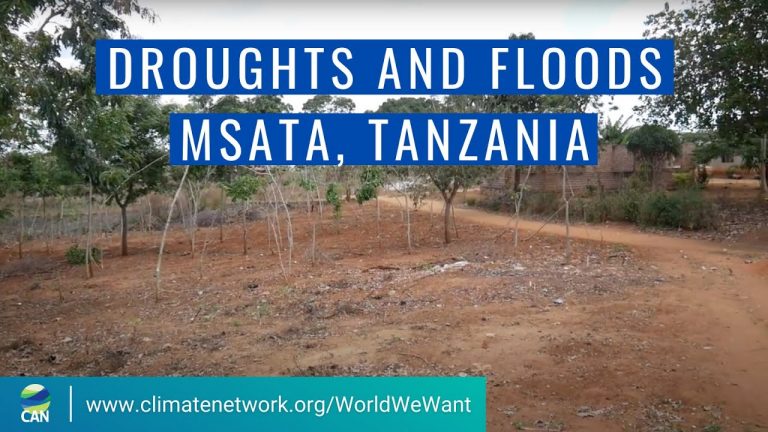
Increasingly severe and unpredictable weather events such as droughts and floods are devastating farms, livelihoods and food sources in Msata village in Tanzania. Farmers that rely heavily on staple crops like maize and beans are calling for financial and technological support to adapt to the changing environment to protect their income and food security.
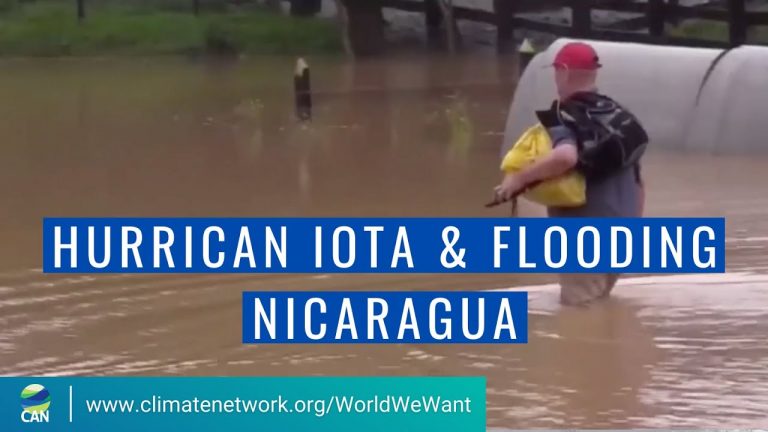
This year's Atlantic hurricane season has been the most active in history and has affected 3.6 million people in Central America. Hurricane Iota has killed at least 6 people and evacuated 60,000 as the powerful storm hit Nicaragua. Karen shares how the climate disaster has affected local crops and their livelihoods.
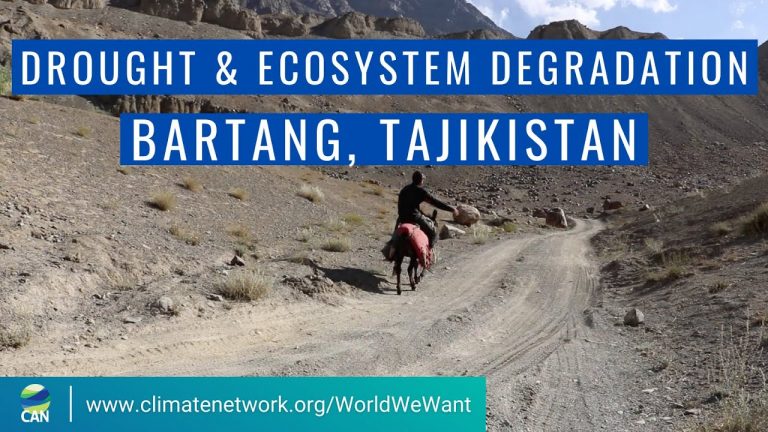
Fast increasing temperatures, droughts and food shortages are impacting the mountain communities of Bartang, Tajikistan. The climate crisis is pushing communities in Tajikistan who are already living in harsh conditions further into food insecurity, disease and disasters. They are seeking government support to accelerate renewable energy projects and energy efficiency so they can live in the #WorldWeWant.
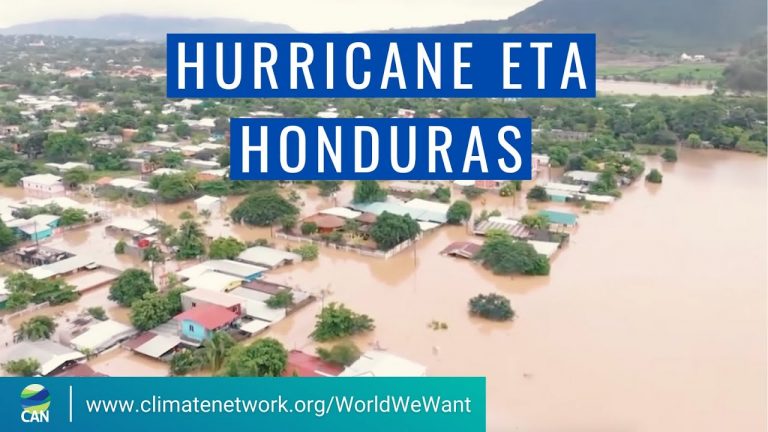
In the most active Atlantic hurricane season ever, #HurricaneEta destroyed hundreds of families' homes in Honduras. Vulnerable communities must receive sufficient support to deal with #lossanddamage in the #WorldWeWant
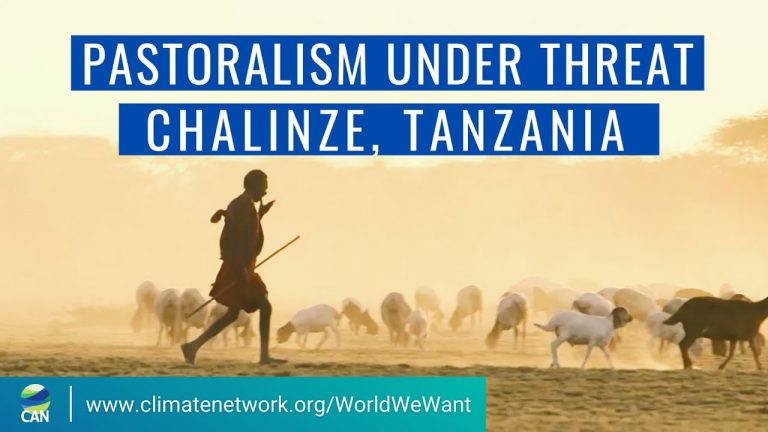
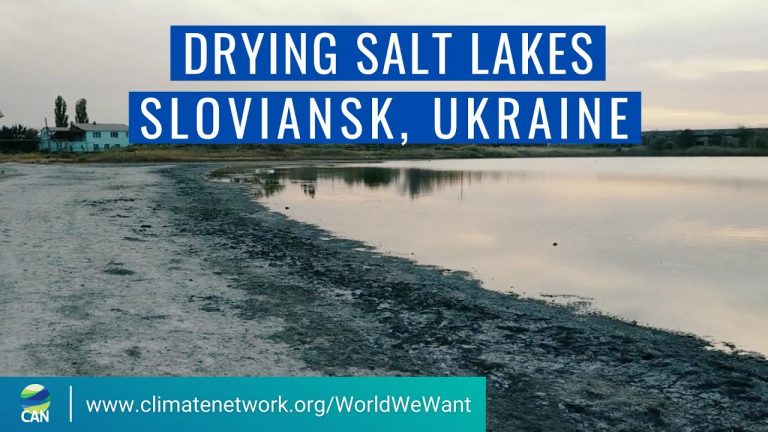
Due to rising temperatures and decreased rainfall, the salt lakes of Sloviansk, Ukraine - which the town has been depending on for tourism and health benefits - is slowly disappearing. They are asking for urgent #climateaction from governments to respond to the impacts of the #climatecrisis
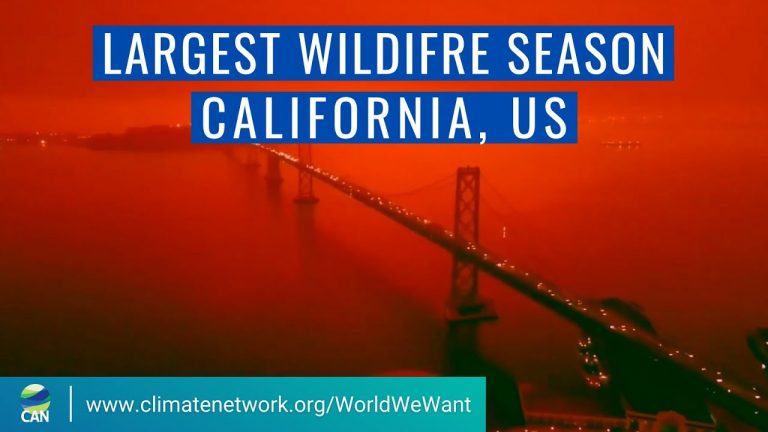
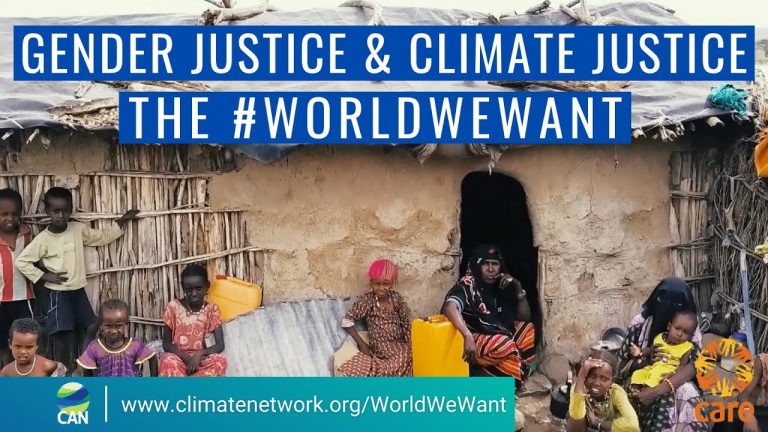
The #WorldWeWant has gender justice and climate justice at its core" - Sofia Sprechmann Sineiro, CARE International Secretary-General
Governments must commit to ambitious #climateaction that address gender inequality as women bear more of the burden of climate impacts.
The #WorldWeWant is one where governments provide support for #lossanddamage and climate finance to protect its people from impacts especially women and girls who are disproportionately affected by the climate crisis.
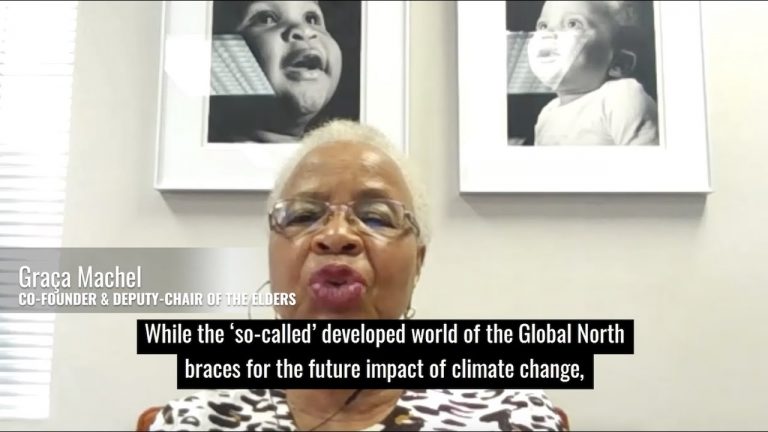
The Elders Co-founder and Deputy-Chair Graça Machel speaks up about the suffering that so many people in the Global South have been experiencing due to the climate crisis. She calls for #climateaction to achieve the #worldwewant - a resilient and just one.
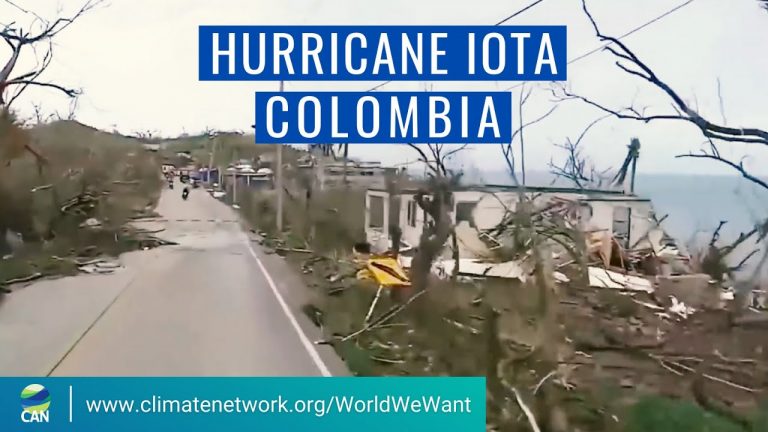
As Hurricane Iota kills at least 5 and affected thousands more in Colombia, Yurshell shares her experience and the lawsuit they filed for the Colombian government for urgent #climateaction. Act on the #climatemergency today as we fight for the #WorldWeWant
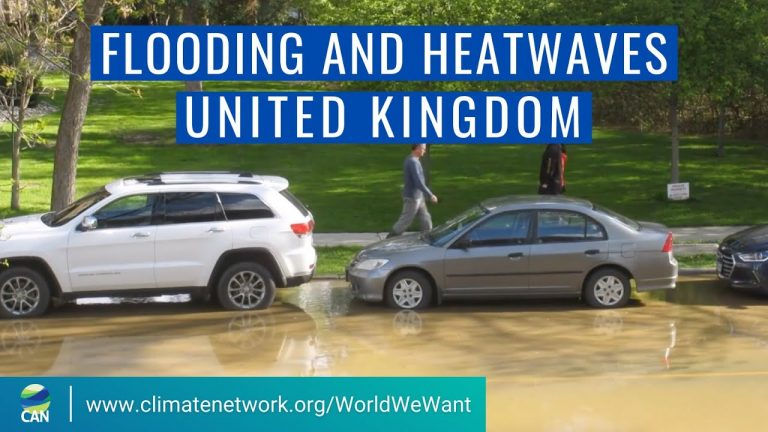
The UK is not exempt from climate impacts with flooding, droughts and heatwaves affecting millions. As the host of #COP26 it must step up #climateaction and forge international solidarity to support the most vulnerable and build the #WorldWeWant.
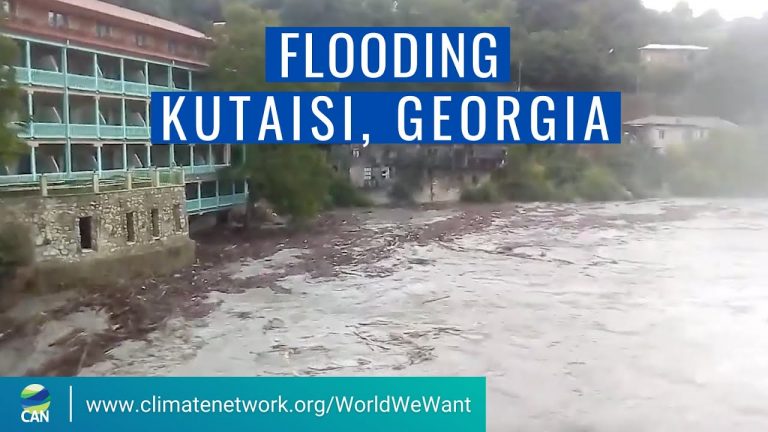
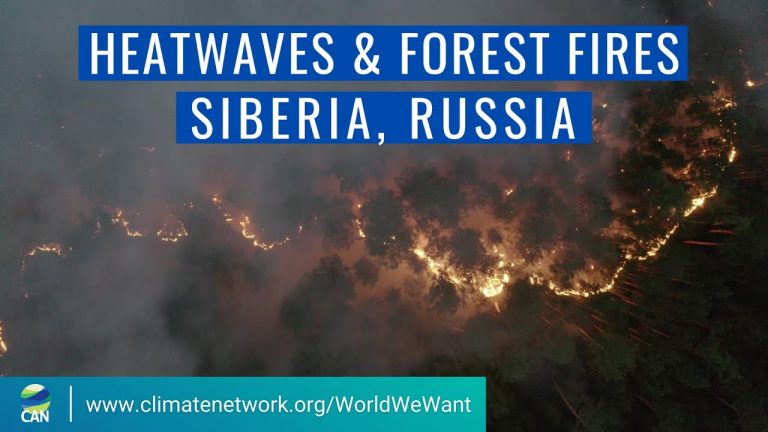
Unusually high temperatures in Russia are causing forest fires, which in turn contribute to emissions instead of forest being carbon sinks. The fires have burnt 16.5 million hectares of forest emitting 244 megatonnes of carbon dioxide, 35% more than 2019.
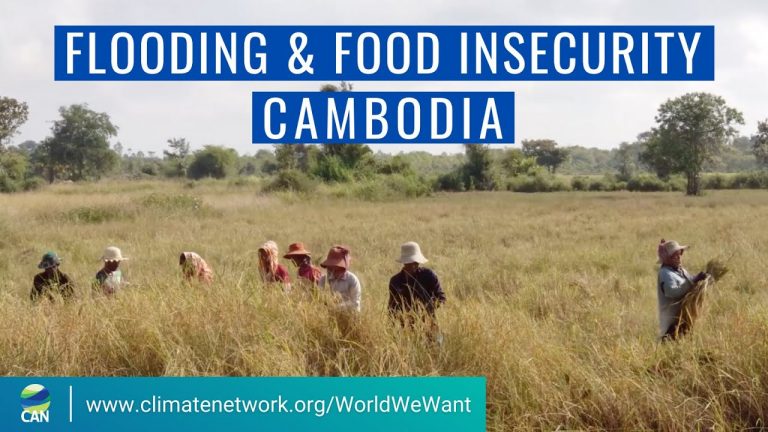
Rice farmers in Cambodia demonstrate resilience in the face of a changing climate. They grow rice only in the dry season and rely on climate-smart agriculture to adapt to the flooding and insect infestation in the rice fields. They need more support to address the impacts of a changing climate and food security.
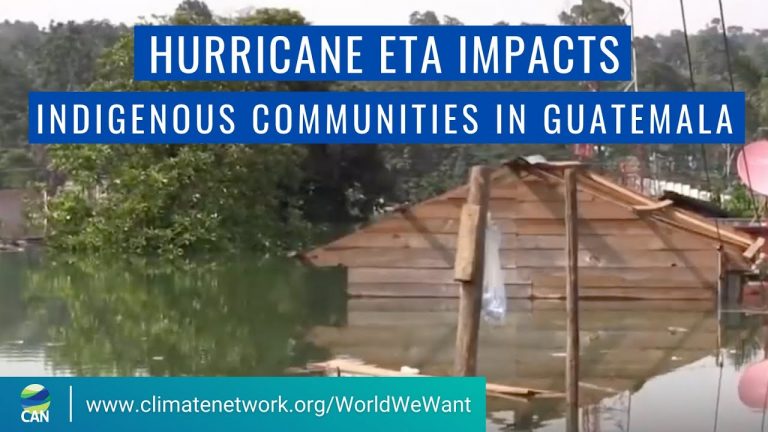
Hurricanes Eta and Iota hit Belize, Costa Rica, El Salvador, Guatemala, Honduras, Nicaragua, Panama, Mexico and Colombia last year. According to UNICEF, the resulting heavy rainfall, life-threatening flash flooding and landslides affected around 9.2 million people including millions of women and children. At least 3.5 million people faced serious humanitarian conditions and needed urgent support.
In Guatemala alone, 1 million people were affected. Hurricane Eta and resulting flash floods and heavy rainfall left 53 dead and 96 people missing. The indigenous region of Alta Verapaz, the poorest part of the country, suffered the most damage. People were forced into temporary and overcrowded shelters and community schools with nothing in the midst of the COVID-19 Pandemic, where positive tests reached 33%. Houses were destroyed and needed reconstruction. The communities also lost their health center in the midst of the Pandemic. Floods and landslides contaminated potable water. This is why communities affected by multiple emergencies need easy and immediate access to finance.
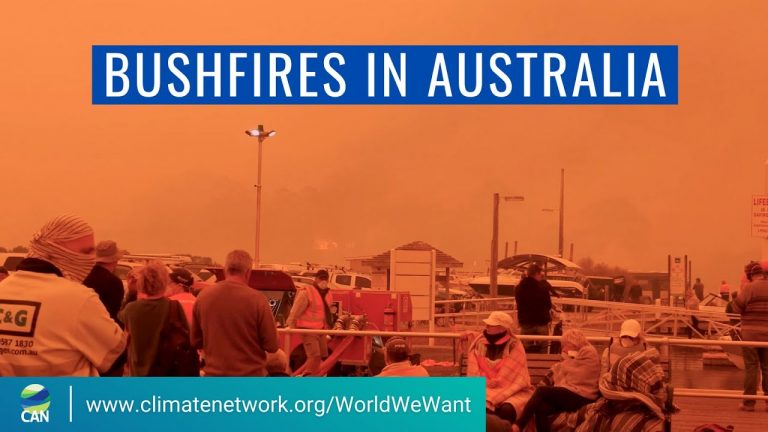
Australian bushfire survivor Jann Gilbert witnessed climate change loss and damage first hand and sends a strong message to Australian Prime Minister Scott Morrison and #LeadersClimateSummit to act now. Cut emissions, abandon fossil fuels to keep us under #1o5C warming. #WorldWeWant #SheLeadsInCrisis